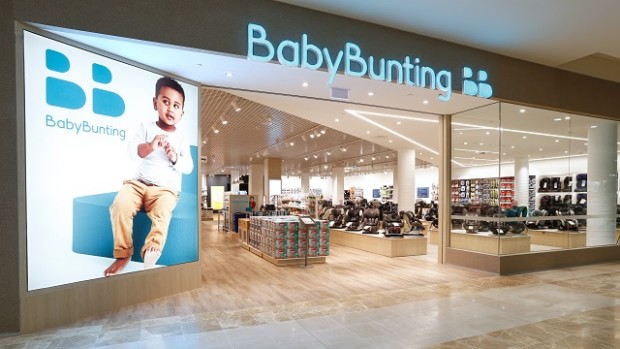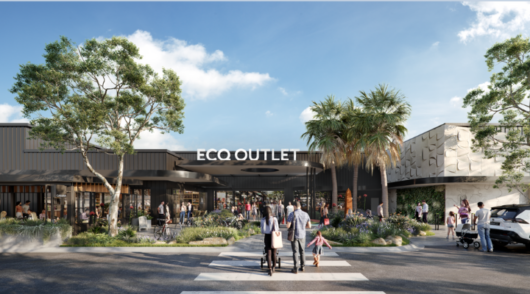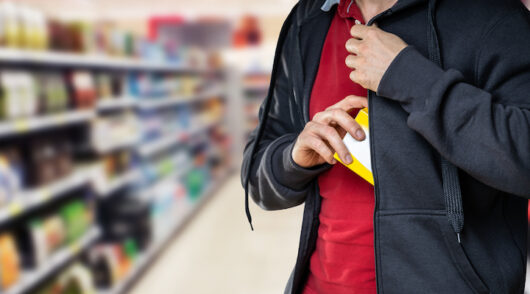
While many sectors of the retail industry have flagged and struggled during the coronavirus epidemic, some have seen a boost in relevance and seen respectable jumps in revenue.
The baby goods category is one such area, with Baby Bunting having enjoyed a 13.2 per cent leap in total sales during its second half.
All stores remained open during the lockdown period and as such comparable store sales growth also grew 8.1 per cent, while online sales jumped 66 per cent on the prior corresponding period, representing 17.3 per cent of total sales during the half.
“There are around 6000 babies born in Australia each week and we are critically aware of how important it is to provide support to new and expectant parents at a time when they face additional challenges brought about by social distancing requirements,” Baby Bunting chief executive Matt Spencer said.
According to Spencer the business initially saw strong demand for lower margin consumable products such as nappies and baby wipes. As the lockdown continued, however, buying trends started moving toward nursery goods – cots, furniture, toys, playgear and bedding, for example.
“We did see lower transactions in travel-related products such as prams and car seats. However, as restrictions have eased sales of these products have begun to recover,” Spencer said.
“It is difficult to anticipate how these buying trends will play out over the coming period and how gross margin will be impacted.”
In order to continue to support its customers, Baby Bunting has undertaken a number of new initiatives, including expanding its personalised telephone shopping service, a price guarantee and the launch of an additional online fulfilment hub at Casula, New South Wales.
The business’ online site is also being upgraded to facilitate cross-border sales, which is expected to be finished by the end of the financial year.
However, due to a number of incoming improvements to its online infrastructure, Baby Bunting expects to recognise a $2 million to $3 million non-cash impairment in investment in its FY20 results.
Editor’s note: This story was updated on May 19, 2020, at 15:31 to correct an error relating to the online sales figures from H2.





